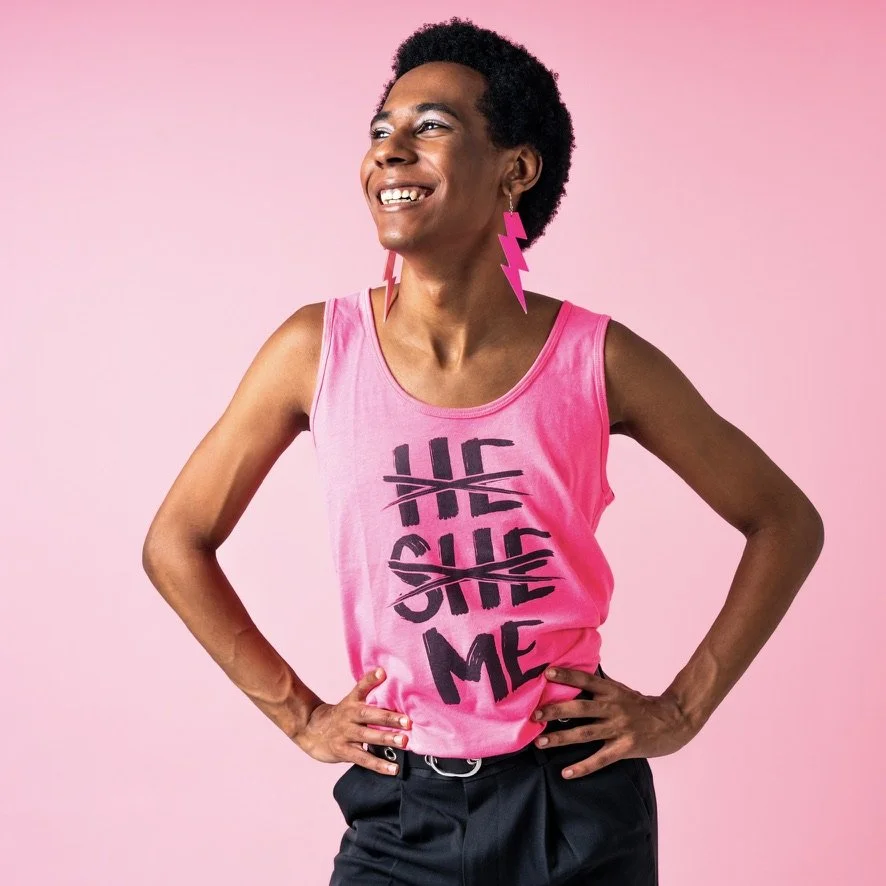IN THIS LESSON
Identity Support
Feeling safe and affirmed in your gender, sexuality, and identity is important for mental health and wellbeing. The NDIS can support accommodations that reduce dysphoria, increase inclusion, and create safer spaces.
🔹 Examples of Identity Accommodations:
✔️ Correct names and pronouns used by all staff and service providers
✔️ Gender-neutral bathrooms or access to facilities that align with your identity
✔️ Safe spaces where LGBTIQA+ people are respected and included
✔️ Affirming therapists who understand both autism and gender diversity
✔️ Flexible clothing options (e.g., uniforms that match your identity)
💡 NDIS Support Options:
• Support workers who are LGBTIQA+ affirming
• Funding for gender-affirming social supports
• NDIS-funded therapy with professionals who specialise in autism and gender diversity
• Providers should offer flexible service delivery options, including yarning-style meetings, outdoor sessions on Country, and community-led support models.
• Develop sensory-friendly spaces incorporating cultural elements, such as soothing Indigenous art, natural light, and natural connections to nature.
• Recognise and support the intersection of disability and cultural obligations, such as attending ceremonies or community events.
Real-Life Scenario: Malakai (he/him), a 14-year-old Samoan-Australian autistic boy, struggles with the rigid structure of his therapy sessions. His therapist shifts to using cultural storytelling and allows movement-based activities, ensuring Malakai feels safe and connected while engaging in the program.

